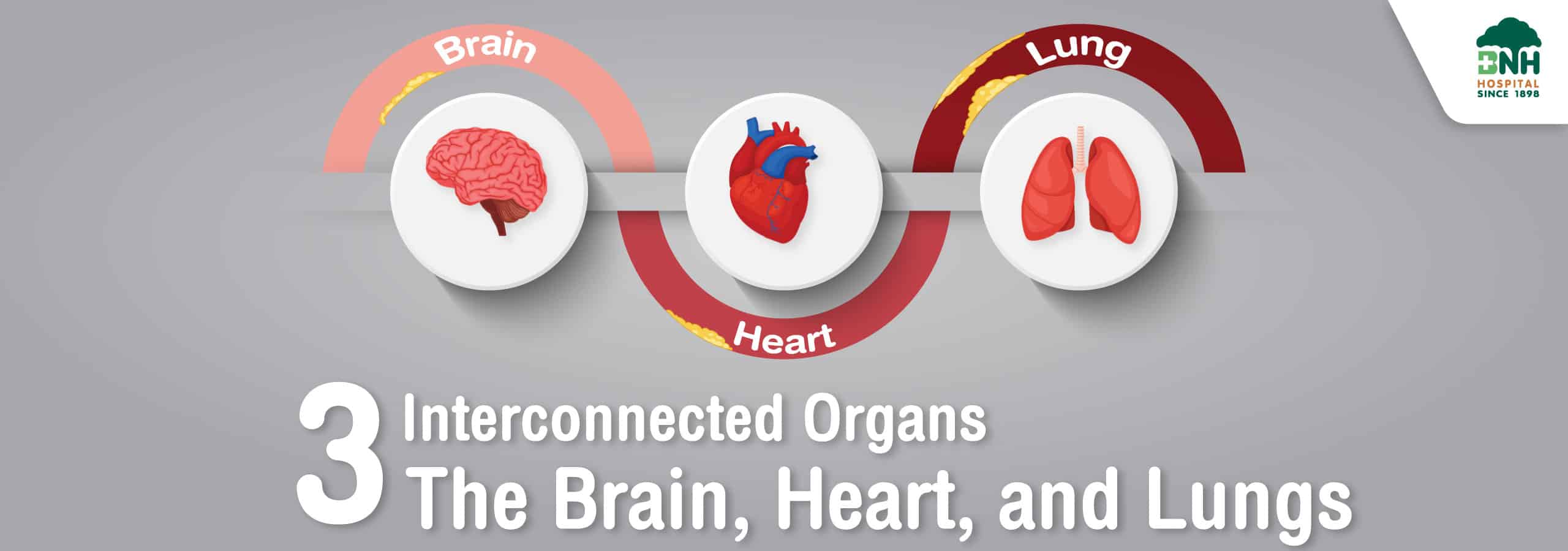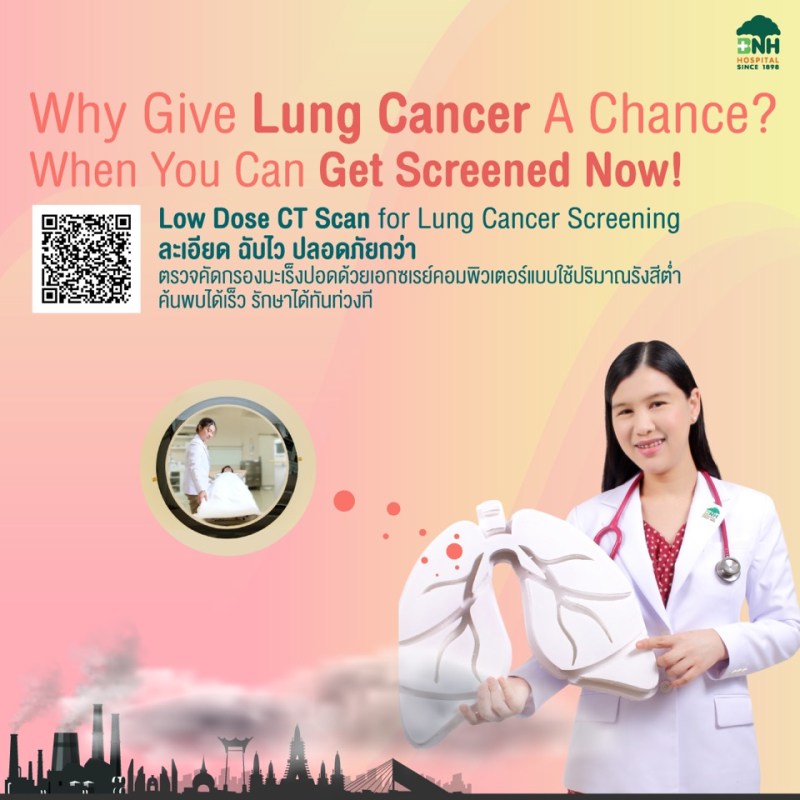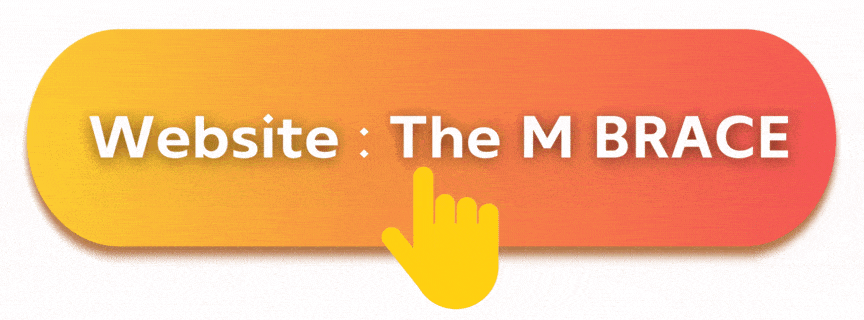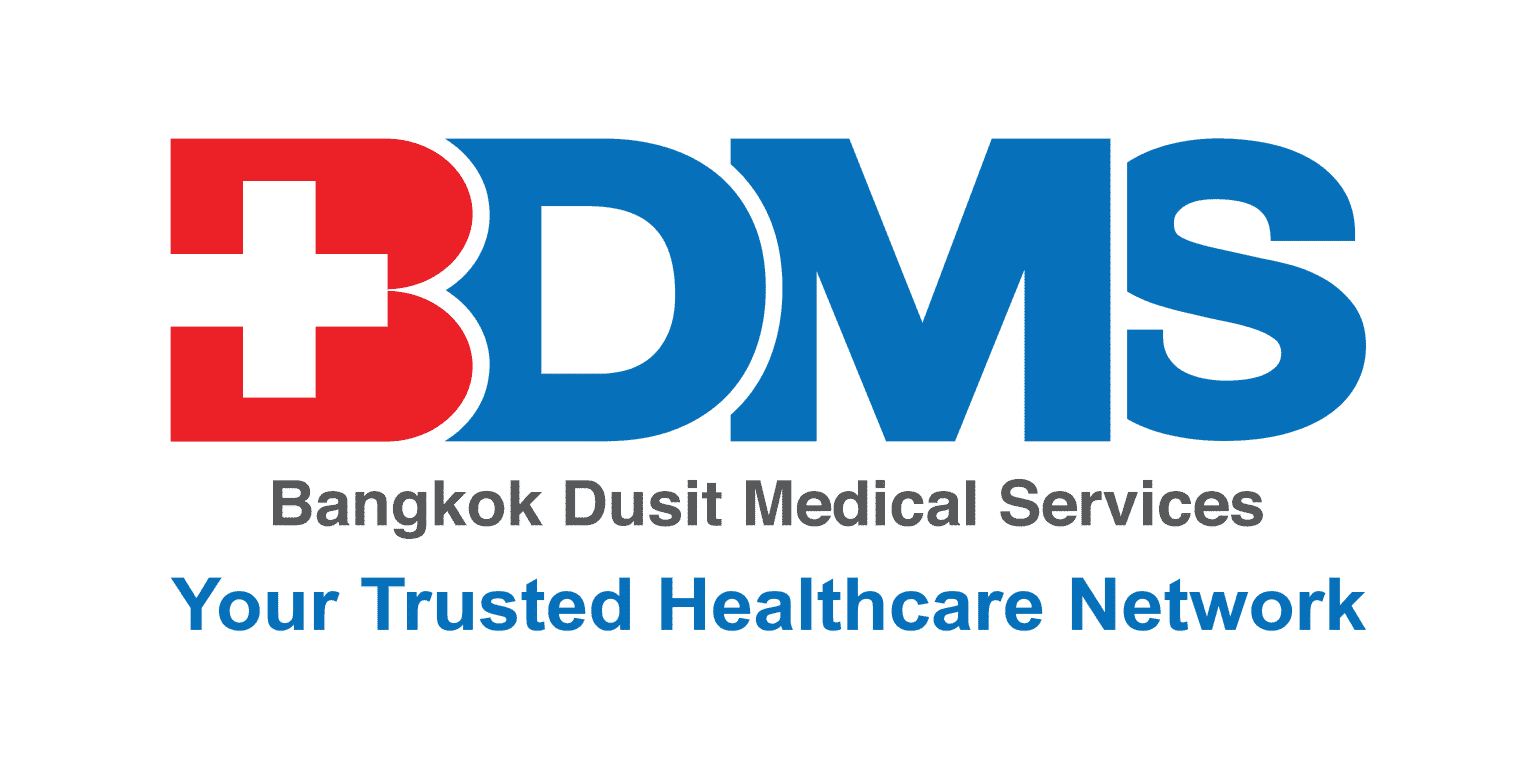Why should you come for a checkup of the brain, heart, and lungs at BNH Hospital?
Because our medical team has extensive experience and expertise.
Statistics of Brain, Heart, and Lung Checkup at BNH Hospital (2018 – 2022)
- Screening for Coronary Artery Disease: 2,827 cases screened, 326 high-risk cases identified, accounting for 8.68%.
- Screening for Cerebrovascular Disease: 3,792 cases screened, 1,476 cases with abnormal cerebral blood vessels identified, accounting for 67.72%, and 12 cases with hidden thyroid cancer were also detected, accounting for 2.5%.
- Screening for Lung Cancer: 4,732 cases screened, 40 cases of lung cancer identified, accounting for 1.15%
Statistics of Cerebrovascular Disease Screening at BNH
Cases with abnormal cerebral blood vessels were detected
Statistics of Coronary Artery Disease Screening at BNH
High-risk cases were identified
BNH screening statistics for lung cancer:
Number of lung cancer patients detected:

Package for Brain, Heart, and Lung Checkup at BNH Hospital
Take care of the three important parts of the body that play a major role in our daily lives with a special-priced check-up package conducted by specialized physicians.
- Screening for cerebrovascular disease: Carotid Doppler Ultrasound
- Screening for coronary artery calcification: CT Calcium Score
- Screening for lung cancer: CT Chest Low Dose
Take care of the three important parts of the body that play a major role in our daily lives with a special-priced check-up package conducted by specialized physicians.
Did you know that the brain, heart, and lungs work together?
The brain, heart, and lungs are all considered major organs that work together and work hard all the time. It can be said that the loss of any one organ is not possible, and if a disease occurs in any one system, there is a high chance that it will affect the related systems. This includes various diseases such as those that occur from heart blood vessels, blockages, ruptures, heart muscle ischemia, or those that occur from cerebrovascular disease and result in strokes and paralysis, which have been found to be the cause of 3 deaths in the world, according to the World Health Organization (WHO) report in 2019.
Today, you can take care of your brain, heart, and lungs by paying attention to your health, monitoring any abnormal symptoms that may occur in your body, and getting health check-ups from experts to identify risks from various factors in order to know the level of risk that may occur and get timely treatment.
Important things to know before screening for the 3 organs: | Brain Heart and Lungs
Carotid Doppler Ultrasound is an examination to determine the risk of stroke and coronary artery disease to prevent acute cerebral ischemia.
What is Carotid Doppler Ultrasound?
Carotid Doppler Ultrasound is a high-frequency echocardiography used to examine the carotid arteries (5-6 mm large arteries located on both sides of the neck, left and right) to see the blood flow up to the brain and if there is plaque or fat in the blood vessels, by measuring the thickness of the artery walls and the velocity of blood flow in the blood vessels. If the carotid artery walls are thickening due to a build-up of plaque, which narrows the diphtheria blood vessels, or have blood clots from a blood vessel in this area that have escaped to the peripheral artery, it will cause poor/no blood supply to the brain, cerebral ischemia, and subsequent paralysis (stroke).
The CT Calcium Score is a method to measure the amount of calcium in the coronary arteries that may be attached to the artery walls, heart valves, or pericardium. To predict the likelihood of ischemic heart disease and prevent the disease in time.
What is the CT Calcium Score?
The CT Calcium Score is a method to measure the amount of calcium in the coronary arteries which may be attached to the artery walls, heart valves, or pericardium. With CT Scan technology, the most important thing to be careful of is plaque build-up in the walls of blood vessels that supply the heart muscle. This is caused by the deterioration of arteries and can occur many years before the symptoms of heart disease are experienced. The calcium content can help predict the likelihood of ischemic heart disease. In addition, people with diabetes, high blood pressure, hyperlipidaemia, and smoking also increase the risk of acute myocardial infarction from acute coronary syndrome.
CT Chest Low Dose is a computed tomography screening test for lung cancer. Careful, quick, safe, faster discovery, timely treatment.

What is CT Chest Low Dose?
CT Chest Low Dose is a computed tomography screening test for Lung Cancer which uses less radiation. with three-dimensional imaging that provides a higher resolution than conventional X-rays.
What are the advantages of CT Chest Low Dose?
- More detailed than conventional x-rays.
- More accurate results.
- Reduces the risk of using radiation.
- Screening for cancer at the early stage.
Special Price!
Brain, Heart, and Lung Check-Up Package at BNH Hospital

The danger of the 3 diseases that can harm the brain, heart, and lungs

People per day in Thailand die from cerebrovascular disease (stroke)
Cerebrovascular disease (stroke)
In 2017, there were 304,807 reported cases of cerebrovascular disease in Thailand, with approximately 30,000 deaths per year.
It is the leading cause of death in Thailand. This disease can affect people of all ages, and important risk factors include high blood pressure, diabetes, heart disease, high cholesterol levels, smoking, and alcohol consumption.
Reference : www.thaihealth.or.th

People per day in Thailand die from heart and vascular disease
Heart and vascular disease
According to the latest statistics from the Ministry of Public Health in September 2018,
there were 432,943 cases of heart and vascular disease in Thailand, with a mortality rate of 20,855 people, or an average of 57 deaths per day.
The trend is increasing, and various risk factors come from daily lifestyle, diet, and lack of exercise.
Reference : www.thaihealth.or.th

Thais who die from lung cancer are 40 people
Lung Cancer
Lung cancer is one of the most commonly diagnosed cancers, accounting for 1 in 5 cases. It is the second most common cancer in males and the fifth most common cancer in females.
Each year, there are approximately 17,222 new cases of lung cancer, with 14,586 deaths, or an average of 40 deaths per day.
Reference : www.thaihealth.or.th






